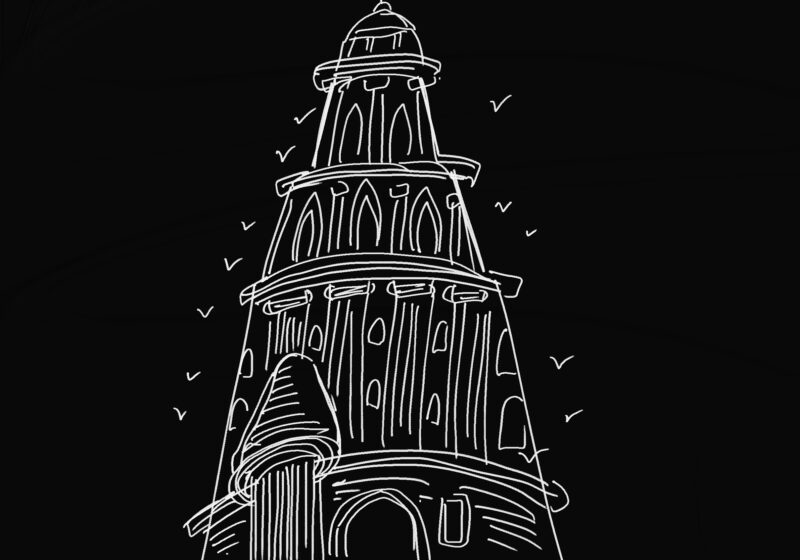
Courtesy of Drue Sokol
In 1991, University of Iowa student Gang Lu shot five university employees. In 1996, San Diego State University student Frederick Martin Davidson killed three professors. However, the 2007 Virginia Tech massacre is the most memorable shooting on a college campus, as it left 32 innocent students dead after they were picked off by a crazed gunman.
On Dec. 8, 2011, another shooting occurred on the Virginia Tech campus, leaving a police officer dead. Apparently the school’s ban on guns failed yet again, considering that the perpetrator of this incident did not obey it. But how many people actually believe that a sign prohibiting firearms is going to stop people from bringing their guns to the massacre they have been planning?
Because of the pressing need to arm students, 14 states over the past year have introduced legislation to allow college students and faculty to exercise their Second Amendment right to carry concealed weapons on campus. Such a bill allowing handguns on campus was passed in Texas last year. One gun-owning Texas A&M student, when asked about the law, explained that “gun-free zones are shooting galleries for the mass murderers.” In Colorado, legislation similar to that introduced in Texas, was shot down — pun intended — by the Senate. This situation highlighted how bipartisan this issue is, as state legislator Sal Pace (D-Pueblo) stated his reason for supporting the bill: “Someone’s going to go shoot up a school whether or not they get a permit beforehand.”
The legislators in some states, like Colorado, are hostile to the idea of firearms being carried on campus, but the judiciary has been doing a good job insuring students’ rights. The Colorado Court of Appeals has held that the University of Colorado did not have the authority to prohibit students from possessing concealed weapons.
On the West Coast, the Oregon Court of Appeals decided, in a ruling by a three-judge panel, that the Oregon University system’s ban on concealed firearms was invalid.
Despite the momentum that the “concealed on campus” movement has gained, it still faces much opposition, which I just cannot understand. Critics of firearms on campus argue that it will make us less safe, but that is clearly not true. How many college massacres have occurred in Utah, the first state to allow concealed weapons to be carried on campuses?
The answer is zero. Many students carry guns on campus, yet everyone feels safe. If allowing a person with a permit to carry a gun leads to more violence, why haven’t there been horrendous school shootings in states that do allow guns on campus? To better illustrate this point, a bill that would have allowed guns on campus was killed by the Virginia General Assembly in January 2006. Virginia Tech publicized its praise of the General Assembly’s decision, stating that killing the bill would “help parents, visitors, faculty and students feel safe on our campus.” This type of logic, which basically asserts that “if upstanding citizens are allowed to carry guns on campus there will be more shootings,” has led to disastrous results.
Furthermore, the perpetrator of the Virginia Tech Massacre had time to reload multiple times while he picked off students. The slow response time of those whose job it is to protect us is another reason why individual students need to be allowed to carry guns on campus. The quickest response times are a minute or two, which is still too long. Ironically, the best case for why guns should be allowed on campus comes from a campus which had banned guns. In 2002, 42-year-old graduate student Peter Odighizuwa killed three people at Virginia’s Appalachian School of Law before being subdued by armed students who had broken the rules.
Students and faculty of New Hampshire colleges have recently pushed for laws permitting concealed carry of firearms on campus, so hopefully it is only a matter of time before universities in New York are pushing for similar legislation.
Ondo is a member of
the class of 2014.




